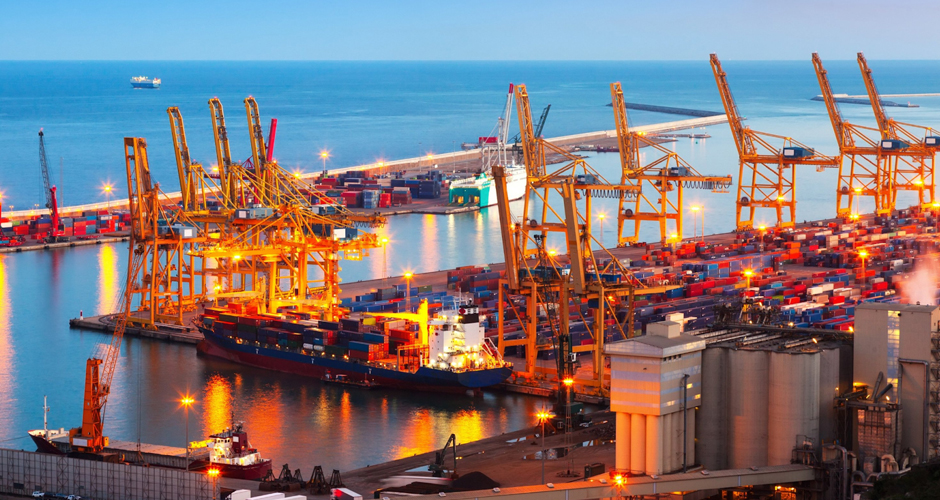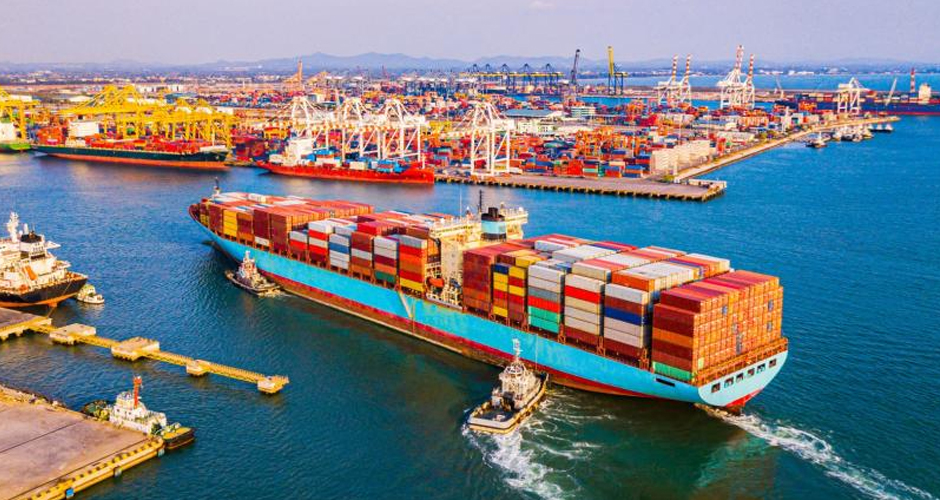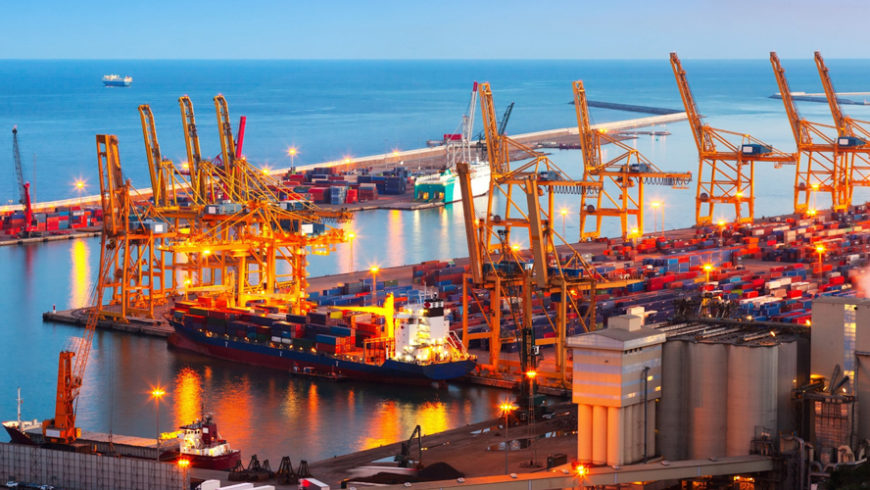Custom Clearance Services In India, Explained!

An Overview of Custom Clearance Services
The volume of Custom Clearance Services in India has increased as a result of the growth of trade credit and the elimination of trade obstacles. The Foreign Exchange Regulation Act of 1973 (FERA) was abolished by the government, and the Foreign Exchange Management Act of 1999 was enacted in its stead. The government increased the volume of imports in the nation by implementing economic reforms and liberalization. The country’s increased imports and exports necessitated the use of custom clearing services.
Customs clearance refers to the paperwork and procedures involved in the export and import of goods and services into the nation. There are various customs authorities in India that deal with customs documents and procedures. The Central Board of Indirect Tax and Customs (CBIC) is India’s primary regulating body for customs. This agency is also in charge of taxation.
Apart from the aforementioned, Custom clearance services in India are handled by various state and metropolitan agencies. The Delhi Customs, for example, would be in charge of customs processes for all products and services coming into Delhi and exported out of the city. Air Cargo and Freight Clearance Services have their own customs.
Custom Clearance Services are governed by a distinct rule in India. Under the terms of the Customs Act of 1962, all customs documents and processes are available. The government has the ability to appoint customs officers as designated ports, airports, customs ports, and other boundaries under the 1962 Customs Act. Section 7 of the Customs Act of 1962 contains this provision. Such needs arise during the unloading of imported products and the loading of items for export. Customs officials have comparable powers to police officers under the legislation, including the ability to seize items and make arrests.
The rules governing the export of products and services outside India are regulated by the Director General of Foreign Trade (DGFT). There are several types of unified policies that may be applied to India. The Foreign Trade Policy (FTP) 2015-2020 is the current foreign trade policy in use by India. In order to comply with the rules, this policy is updated every five years.

Customs clearance is required when products are exported from India. Similarly, several types of custom clearance services are necessary when products are imported into India in order to comply with the rules of the customs legislation.
Customs clearance is required for any products entering the nation from outside the country, including personal possessions.
Prior to the admission of goods into the nation, the appropriate amount of custom duty must be paid, and only then will the items be released by the customs officials.



Leave us a comment